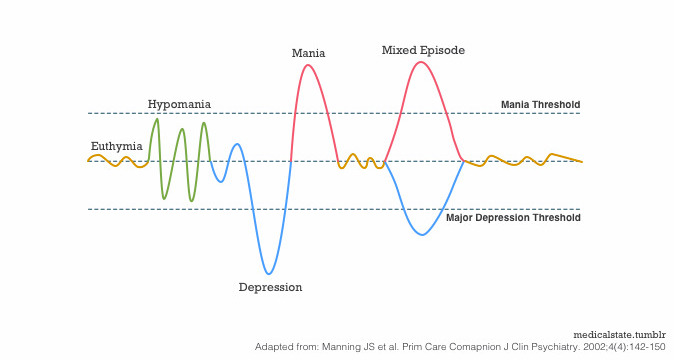Help with Depression and Gloom
The grueling battle against a growing dark tunnel…
Sinking into depression is very different from feeling unwell for a while. And you would probably like to make that clear - also to those nearby whom don’t always understand this (sometimes including your own family).
Depression can go very deep. My treatment is suitable for situations where you can still take care of yourself, but any mood changes no longer go away by themselves.
What Often Happens With Depression?
- You have had unpleasant, traumatic experiences .
- You foresee more difficult moments in the future.
- You would rather turn off your feelings, because they overwhelm you.
- You worry a lot about painful moments.
- You trouble concentrating.
- You feel gloomy andd down.
- You feel tired and exhausted most of the time.
- You find yourself sinking into a dark tunnel, fighting hard not to sink deeper into it.
- You no longer have room to be attentive to others.
- The mountain of unfinished work makes you restless.
- You don’t really know what you like anymore.
What Causes Depression?
First of all, I would like to inform you that depressive symptoms are rarely caused by a “chemical imbalance”. The serotonin theory has been refuted many times, but it keeps coming back (see psychologytoday, nature, frontiers ).
Psychologist Jonathan Shedler PhD very aptly compares depression to fever; it is a symptom of many possible causes. So there is no one pill or one solution for depression. Just like with fever, we must first identify the cause.
This cause can be due to a physical illness, or to many psychological and social influences. You could say that this persistent difficult situation demands the utmost from the brain, after which it is no longer possible to maintain a stable mood.
Treatment
The power of an advanced VortexHealing® Energy Healing treatment makes it possible to break through the roots of patterns. First, the healing becomes generally focused on the gloom/depression, and this makes it more visible what’s going on. As specific causes come into view, these are also addressed (below I have described some typical patterns/causes).
We address all patterns through VortexHealing®, and sometimes simply by naming them. With the new space that is created, the underlying reasons for your depression can be broken through. We also evaluate in between how the situation changes, and when the focus needs to change.
You can easily combine this treatment with regular forms of treatment such as CBT, EMDR or schema therapy.
Results
Dismantling the inner situation, clears the way to do things differently, and less likely enter the tunnel of depression. This also translates to more joy in life, cheerfulness, self-expression, putting things into perspective and creativity.

